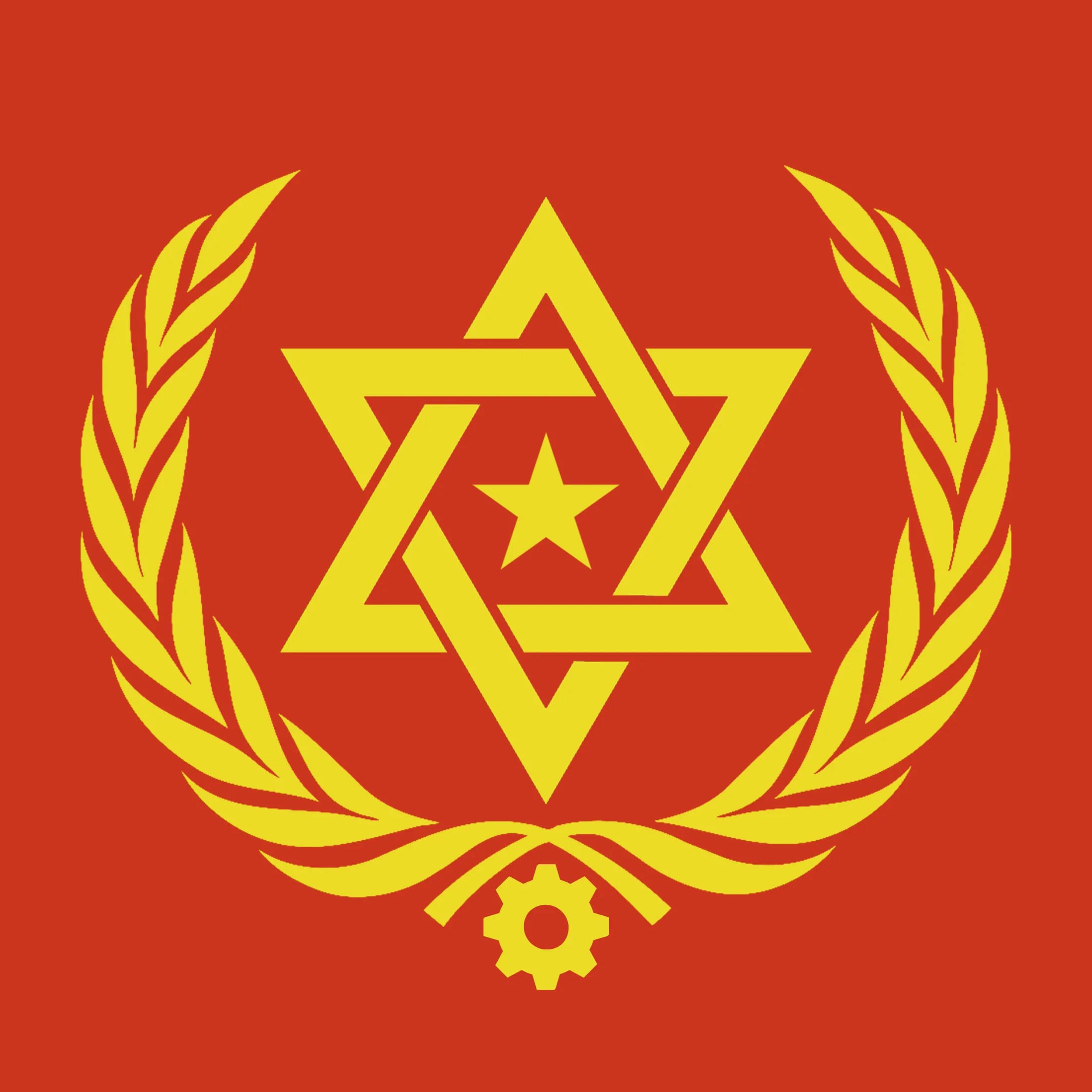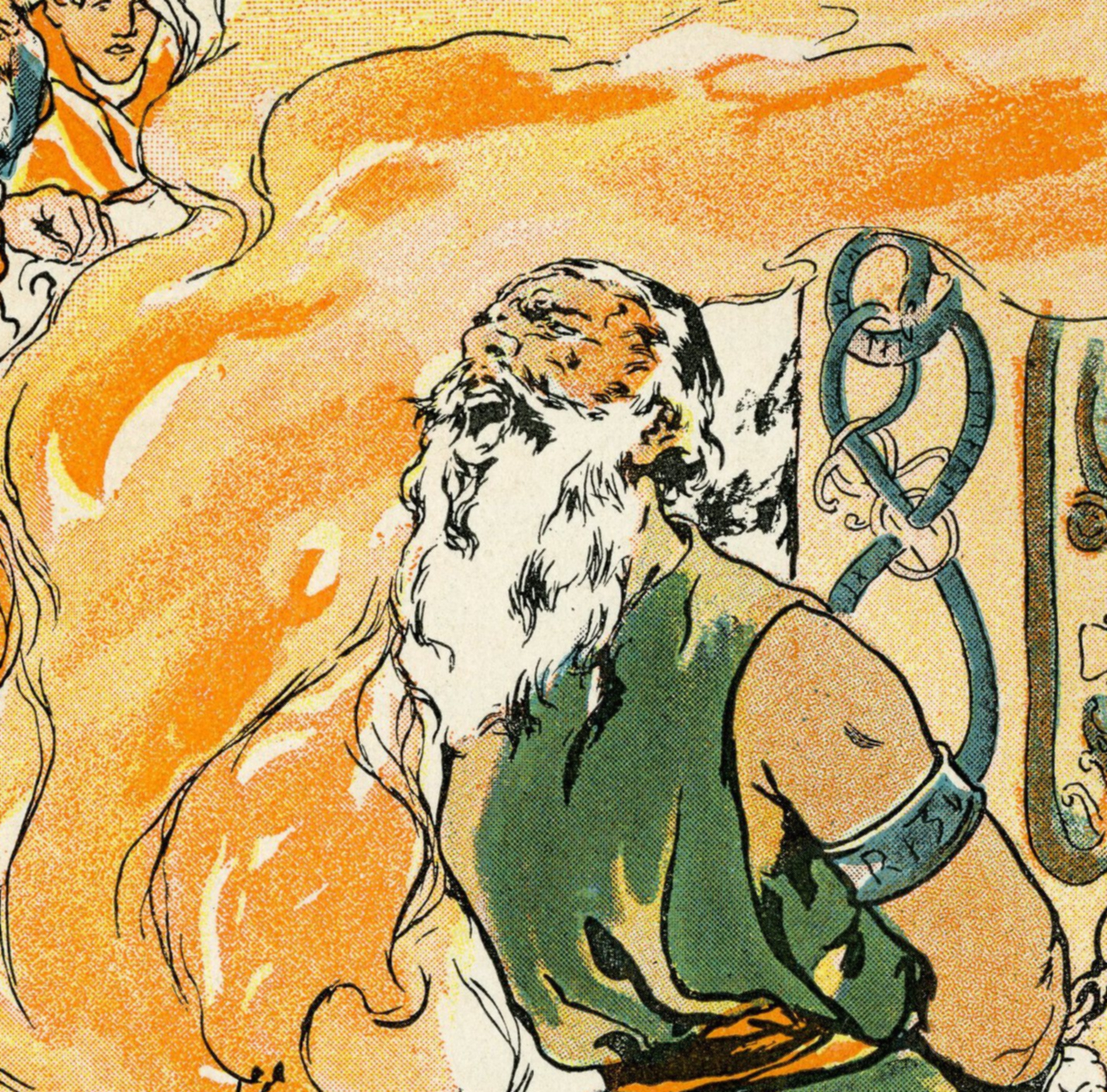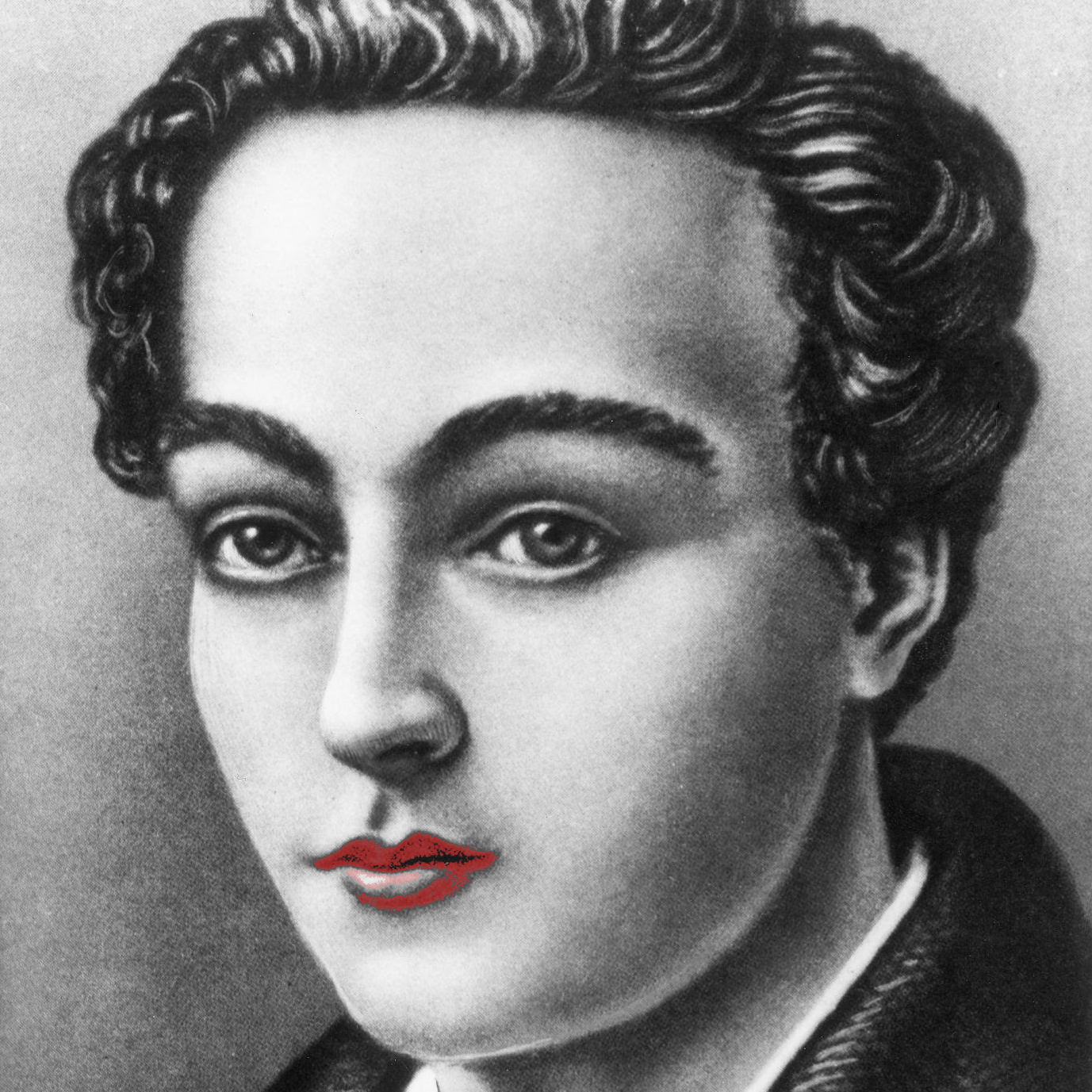Norman Finkelstein was born on December 8, Brooklyn, New York City in 1953 to Holocaust survivors Mary and Zacharias Finkelstein. Finkelstein’s parents were Jewish Holocaust survivors. His mother grew up in Warsaw and survived the Warsaw Ghetto and the Majdanek concentration camp. His father was a survivor of both the Warsaw Ghetto and Auschwitz. After the war they met in a displaced persons camp in Linz, Austria, and then emigrated to the United States, where his father became a factory worker and his mother a homemaker and later a bookkeeper. Finkelstein’s mother was an ardent pacifist.
Finkelstein has said of his parents that “they saw the world through the prism of the Nazi Holocaust. They were eternally indebted to the Soviet Union (to whom they attributed the defeat of the Nazis), and so anyone who was anti-Soviet they were extremely harsh on”.
Finkelstein grew up in Borough Park, then Mill Basin, both in Brooklyn, New York, where he attended James Madison High School. In his memoir he recalls strongly identifying with the outrage that his mother, who witnessed the genocidal atrocities of World War II, felt at the carnage the United States wrought in the Vietnam War.
He attended James Madison High School followed by Binghamton College, where he graduated in 1974 with a degree in History. Finkelstein enrolled at Princeton University where he earned a Master’s degree in political science and a PhD in political studies in 1988. He also studied at the École Pratique des Hautes Études in Paris.
As a young man, Finkelstein identified as a Maoist and worked for The Guardian, a Maoist newsweekly. After the 1981 trial of the Gang of Four, Finkelstein had a falling out with Maoist politics.
Following this experience, Finkelstein decided to develop his worldview with meticulous scholarship. Finkelstein recounts spending an entire summer in the New York Public Library comparing historical population records of Palestine to the claims made in the Joan Peters Zionist text “From Time Immemorial”.
Finkelstein’s work largely debunked the text, which was well-regarded at the time, winning the National Jewish Book Award in 1985. Finkelstein’s skepticism of scholarship regarding the Israel-Palestine conflict would continue to characterize his academic career.
In 2003, Alan Dershowitz published “The Case for Israel”, which Finkelstein called “a collection of fraud, falsification, plagiarism, and nonsense”. Dershowitz began campaigning to block Finkelstein’s tenure bid at DePaul University. In 2007, Finkelstein was denied tenure at DePaul University. In response, Finkelstein resigned, and students staged a sit-in and hunger strike in protest.
In 2008, Finkelstein was denied entry to Israel. In 2009, a documentary film about Finkelstein’s life and career was published, titled “American Radical: The Trials of Norman Finkelstein”.
“My parents often wondered why I would grow so indignant at the falsification and exploitation of the Nazi genocide. The most obvious answer is that it has been used to justify criminal policies of the Israeli state and US support for these policies.”
- Norman Finkelstein
Norman Finkelstein - Israel and Palestine


An Unpopular Man - Norman Finkelstein, TNR 
FINKELSTEIN: Misadventures in the Class Struggle - 
Megathreads and spaces to hang out:
- ❤️ Come listen to music and Watch movies with your fellow Hexbears nerd, in Cy.tube
- 💖 Come talk in the New Weekly Queer thread
- 💛 Read and talk about a current topics in the News Megathread
- 💚 Come and talk in the Daily Bloomer Thread
- ⭐️ September Movie Nominations ⭐️
reminders:
- 💚 You nerds can join specific comms to see posts about all sorts of topics
- 💙 Hexbear’s algorithm prioritizes comments over upbears
- 💜 Sorting by new you nerd
- 🌈 If you ever want to make your own megathread, you can reserve a spot here nerd
- 🐶 Join the unofficial Hexbear-adjacent Mastodon instance toots.matapacos.dog
Links To Resources (Aid and Theory):
Aid:
Theory:
Still fucking fuming over the fall of the the Eastern Bloc and its consequences.

New Megathread Nerds!!!

-
🐶 Join the unofficial Hexbear-adjacent Mastodon instance toots.matapacos.dog
-
🌈 If you ever want to make your own megathread, you can go here nerd
@aaaaaaadjsf@hexbear.net @Abraxiel@hexbear.net@Acute_Engles@hexbear.net @AntiOutsideAktion@hexbear.net @Alaskaball@hexbear.net @AlicePraxis@hexbear.net @Aliveelectricwire@hexbear.net @artificialset@hexbear.net @asa_red_heathen@hexbear.net @autismdragon@hexbear.net @Awoo@hexbear.net @bbnh69420@hexbear.net @buh@hexbear.net @CDommunist@hexbear.net @Cherufe@hexbear.net @ClimateChangeAnxiety@hexbear.net @Comp4@hexbear.net @ComradeCmdrPiggy@hexbear.net @ComradeEchidna@hexbear.net @context@hexbear.net @corgiwithalaptop@hexbear.net @CrispyFern@hexbear.net @CriticalOtaku@hexbear.net @Cromalin@hexbear.net @CyborgMarx@hexbear.net @Dirt_Owl@hexbear.net @Dolores@hexbear.net @drinkinglakewater@hexbear.net @ElChapoDeChapo@hexbear.net @ElectronNumberSeven@hexbear.net @ElGosso@hexbear.net @EmmaGoldman@hexbear.net @FALGSConaut@hexbear.net @Flinch@hexbear.net @Frank@hexbear.net @Frogmanfromlake@hexbear.net @FuckyWucky@hexbear.net @GalaxyBrain@hexbear.net @Goadstool@hexbear.net @Grownbravy@hexbear.net @GVAGUY3@hexbear.net @HarryLime@hexbear.net @hexaflexagonbear@hexbear.net @Ho_Chi_Chungus@hexbear.net @HornyOnMain@hexbear.net @InevitableSwing@hexbear.net @iridaniotter@hexbear.net @jabrd@hexbear.net @JamesConeZone@hexbear.net @Kaputnik@hexbear.net @kristina@hexbear.net @LesbianLiberty@hexbear.net @Magician@hexbear.net @MaxOS@hexbear.net @Melina@hexbear.net @Mindfury@hexbear.net @mkultrawide@hexbear.net @Nagarjuna@hexbear.net @Nakoichi@hexbear.net @PaulSmackage@hexbear.net @plinky@hexbear.net @Pluto@hexbear.net @PorkrollPosadist@hexbear.net @President_Obama@hexbear.net @Ram_The_Manparts@hexbear.net @Redcuban1959@hexbear.net @RION@hexbear.net @RNAi@hexbear.net @Rojo27@hexbear.net @SeventyTwoTrillion@hexbear.net @SorosFootSoldier@hexbear.net @Sickos@hexbear.net @silent_water@hexbear.net @Sphere@hexbear.net @take_five_seconds@hexbear.net @Teekeeus@hexbear.net @Tervell@hexbear.net @UlyssesT@hexbear.net @VHS@hexbear.net @viva_la_juche@hexbear.net @WhatDoYouMeanPodcast@hexbear.net @Wheaties@hexbear.net @WhyEssEff@hexbear.net @WIIHAPPYFEW@hexbear.net @wtypstanaccount04@hexbear.net @wombat@hexbear.net @Zoift@hexbear.net
@thelastaxolotl@hexbear.net @WhoaSlowDownMaurice@hexbear.net @Quimby@hexbear.net
@CARCOSA@hexbear.net @liberal@hexbear.net @ella@hexbear.net @all_or_nothing@hexbear.net @KenBonesWildRide@hexbear.net @KiraNerys@hexbear.net @TomboyShulk@hexbear.net @DuckNuckem@hexbear.net @SapGreen@hexbear.net @Zangief@hexbear.net @scumlord@hexbear.net @COMMENT@hexbear.net @Antisocial_Socialist@hexbear.net @DOPESMOKERDENG@hexbear.net @BoarAvoir@hexbear.net
No current struggle session discussion here on the new general megathread, i will ban you from the comm and remove your comment, have a good day/night :meow-coffee:
these got dang bots
🤖

🤖🔥

ok i pull up



Howdy

HE BASED
First
-


I caught a 6 day lock on twitter because someone didnt like my extremely based month old posts.

Seeing Israelis openly revel in their bloodthirst for murdering children is genuinely revolting on a level I really don’t think I actually understood before.
A few month back I was offered a new contract at work with 50% more working hours, which I accepted. So the past few month I’ve been working according to the new contract. But because I have a ton of things to do besides working this job and because I am really bad with my finances, I didn’t notice that they never adjusted my pay. Apparently someone in the administration has misread the new number of hours I was supposed to work and they now told me that it might not be possible to pay me the missing amount of money (they didn’t say why). Instead, I will be compensated for it by having to work less in the following month.
But I do want my money and I already talked with one of my superiors about it, who told me that she once was retroactively paid for over a year of work. So it seems that the administration just doesn’t want to be bothered with suckers like me. I will know how this all turns out next week.
Almost up to a healthy weight for the first time in my adult life
My boss hasn’t had to nag me about getting to any of my work in months
Consistently brushing my teeth twice a day
Actually making an effort to style my hair
Finally got around to figuring out why I couldn’t post
Not annoyed about little nonsensical shit all the time
Adhd meds, they’re good folks
“Soviet nostalgia” is a strange term. People under the soviets had a clear vision of what they were working for, being nostalgic for a time when everyone was working for something instead of this neoliberal shit where nobody really feels like any of us have any direction. I keep coming back to the idea that this lack of societal aspiration is the reason that the russian orthdox church has grown, people trying to find a meaning to live because that meaning and collective goal stopped being part of society when the soviets were overthrown.
Anyway it’s just odd to me, it’s nostalgia for something that was all about the future we can build towards. Nostalgia for the future. It’s contradictory and weird.
The biggest divide on hexbear is those that views this place as a casual shitposting website with some good serious comms and those that view hexbear as a serious site with shitposting undertones
Brace Belden and AOC were born on the exact same day lmfao
warmest year in recorded history

The happiest I ever get is imagining someone holding me. I hate feeling like I don’t matter to anyone. I hate feeling like nobody is invested in my happiness. Its so hard to see a way out.
Can’t believe it every time I see some county passing a raw milk law and acting like it’s some great victory for consumers.
We spent literal millennia trying to find ways to preserve dairy as a safe, edible source of food, be it cheese, yoghurt, whatever, because milk is SO FUCKING CONTAMINATED WHEN IT’S RAW. Milk spoils so fast that it has to be worked around as part of old-time baking recipes! We’ve used science and industrial infrastructure to make it as safe as possible and that shit still becomes unconsumable like ten days after you buy it, even if you refrigerate it immediately!
I’m just gonna start doing
 but for Hamas. Sorry kiddo, they’re not my favorite either but the alternative is literal genocide. You can’t let perfect be the enemy of good, you gotta live in the real world.
but for Hamas. Sorry kiddo, they’re not my favorite either but the alternative is literal genocide. You can’t let perfect be the enemy of good, you gotta live in the real world.Haven’t been posting on here for a while because I’ve been busy getting involved in my local community stuff instead. Joining community orgs, writing/speaking to city council, meeting cool peeps, etc. Highly recommend it for anyone who feels like they have to engage in politics; the local level is where you can actually get heard and make a tangible difference.
I am back here though because the local urbanist discord I’m in has a bunch of Hexbear emojis in it and I want to give the culprit a big HELL YEAH!

















